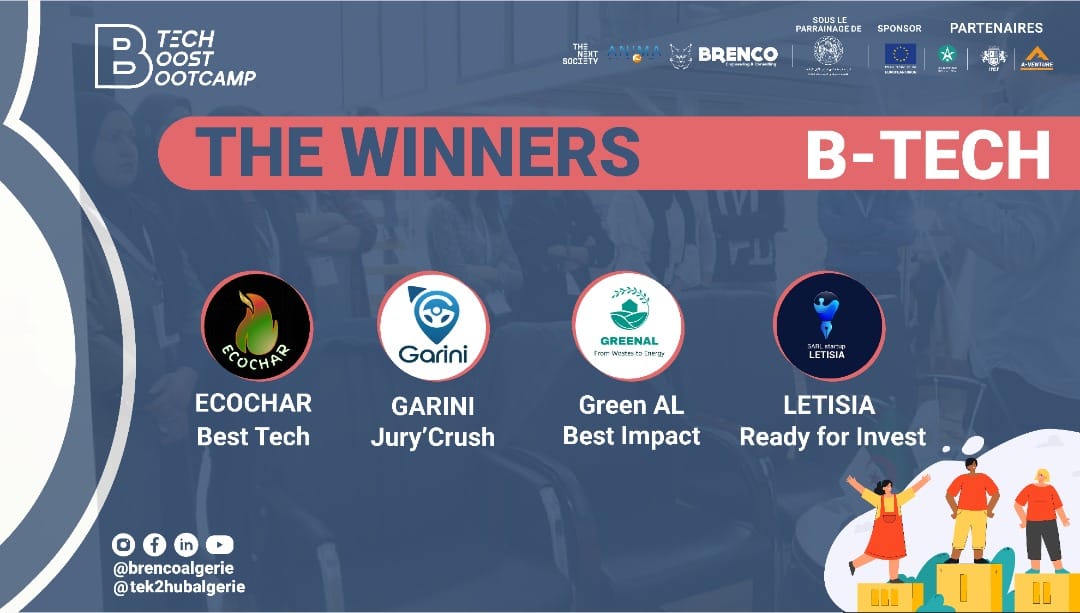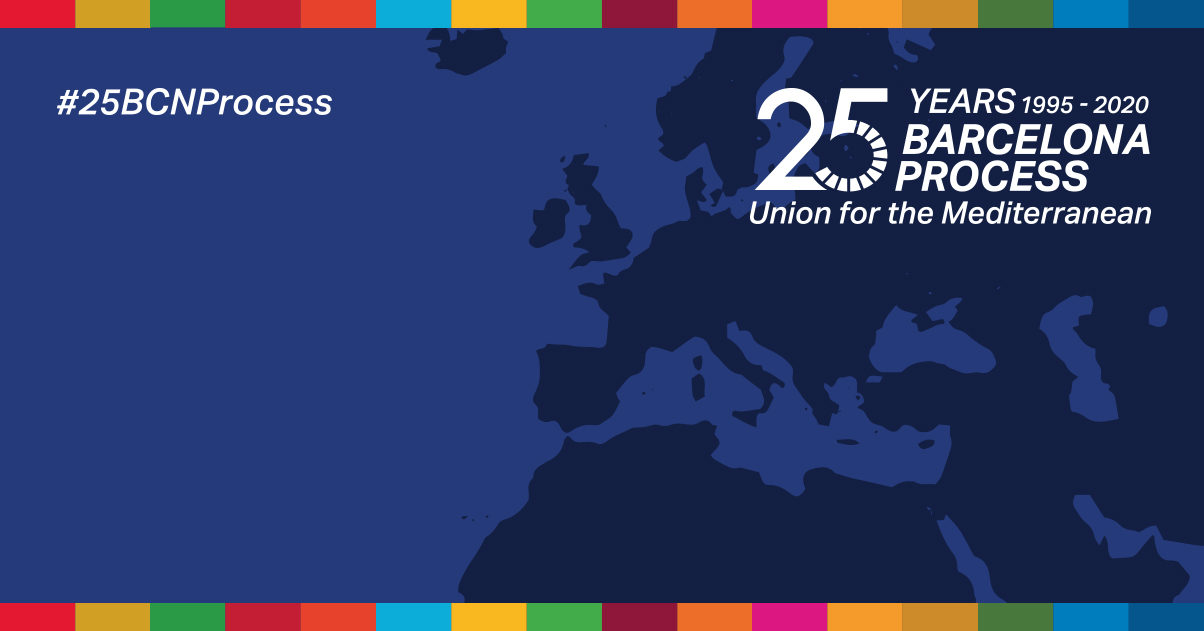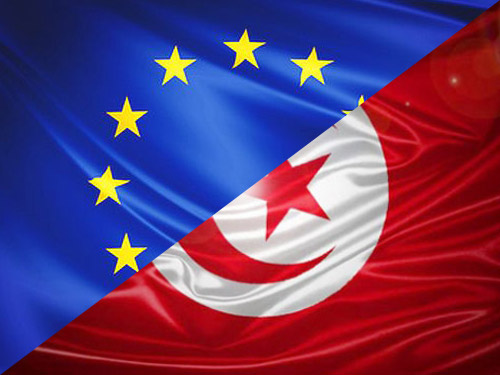Green startups meet investors: entrepreneurs pitch ideas at SwitchMed events in Jordan and Cairo
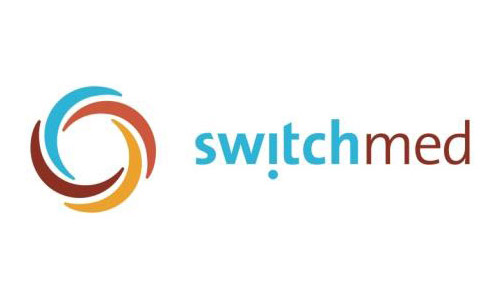
The two first national ‘Green start–ups meet investors’ events took place in Amman and Cairo in early August, with the aim of bringing together entrepreneurs and financial actors in order to promote access to finance for green entrepreneurs.
After two-day training workshops in which the entrepreneurs enhanced their communication skills, a total of 15 companies (8 in Jordan, and 7 in Egypt) presented their business ideas in a demo day event before potential investors and relevant stakeholders, such as the National Microfinance Bank in Jordan, Oasis500, Alexandria Business Association, Arab Science and Technology Foundation, Injaz and UN representatives.
¨For the entrepreneurs, this is an excellent opportunity; some of them are inexperienced when it comes to pitching in front of potential investors, thus allowing them to improve their performance. In addition, the investors who attended the events shared with them valuable knowledge and tips and provide them feedback on how to improve the business and the presentation,¨ explained SwitchMed project manager Claudia Pani.
During the events, the entrepreneurs also had the opportunity to network with the potential investors, aiming at closing deals in the future.
Out of the 15 companies that pitched, one company was selected per country to win a trip to SwitchMed Connect 2018 in Barcelona. The winner in Jordan was Amina Abu Hamdeh, the project’s incubated green entrepreneur, who is launching an enterprise called Golden Grass, the first locally produced wheat grass extract to make health & personal care products. In Egypt, Diaa Adham and Abdelnasser Farrag, who both were trained by SwitchMed, are the founders of VWaste, who came with an innovative way of transforming orange waste into raw orange peel powder.
The SwitchMed sustainable consumption and production programme aims to promote a switch by the Mediterranean economies towards sustainable consumption and production patterns and green economy, including low-emission development, through demonstration and dissemination of methods that improve resource and energy efficiency. It also seeks to minimise the environmental impacts associated with the life cycle of products and services and, where possible, to promote renewable energy.
Read more

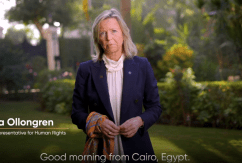
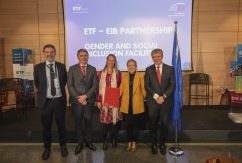
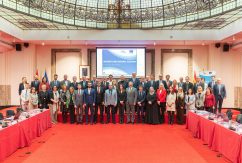




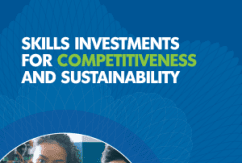

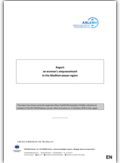
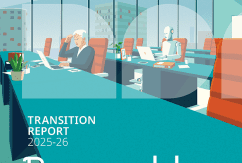



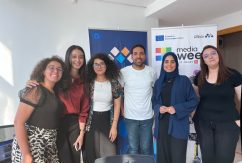















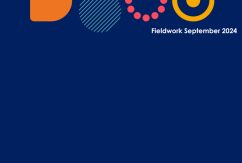

 Syria
Syria 